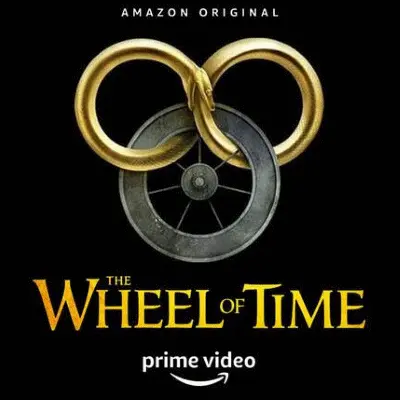If the age of blockbuster TV is over, the coming season has not been informed
-

Game of Thrones' series finale in 2019 was supposed to signal the end of water-cooler shows that appealed to a massive audience. But, says James Poniewozik, "there is evidence that event TV is not dead, even if 'events no longer involve us all gathering around our TV sets at 9 p.m. on Sundays. Since the end of Thrones, we’ve seen the rise of the next generation of streaming platforms, which provided a direct pipeline from the biggest megatainment companies to the screens in your living room and in your pocket. Disney in particular has driven this change. Its engulfing of the Star Wars and Marvel franchises put two of the movies’ biggest universes into one company, and Disney+ promptly started turning them into TV. It was not long ago that the appearance of a Star Wars or superhero entertainment was a rare treat; now it’s a Wednesday. (Still to come this year: a series built around Star Wars’ Boba Fett and one about the Avengers’ Hawkeye.) The platform showed that, even in the difficult-to-quantify world of streaming, the right TV series can get a mass audience chattering. But Disney+ shows got big by aiming small. That is, they worked best when they fit their big-screen universes into packages that worked for serial TV — intimate, conversational or (relatively) quiet — rather than two hours of movie-house pyrotechnics. So WandaVision moved a peripheral Avengers story line onto a series of classic-TV sets, recreating period sitcoms from half a century to tell a story of grief. (It was less effective, in fact, when it built to an action climax — that is, when it tried to be a Marvel movie.) The Mandalorian built on the old-time Western element already present in Star Wars to make a gunslinger-and-sidekick bromance. Loki portioned out the superpowered ham of Tom Hiddleston’s film performance in a playful sci-fi story that prioritized talk over effects. Of course, Disney had the advantage of making big TV from already-big intellectual property that it owned. It’s pointless by now to distinguish whether Marvel and Star Wars are movie universes that extend to TV or vice versa; the shows and films are just tributaries in a giant network of content, each promoting the other. The drawback of TV’s new blockbusters, then, may be that they’re doomed to become more like the movies’ blockbusters: dragon-like in scale, mouse-like in creative ambition, at least when it comes to anything that doesn’t involve an established brand. Efforts by other outlets to world-build original genre franchises, like HBO’s labyrinthine steampunk serial The Nevers, have been less successful."
TOPICS: The Wheel of Time, Game of Thrones, Star Wars: The Mandalorian, Peak TV, Prestige TV
